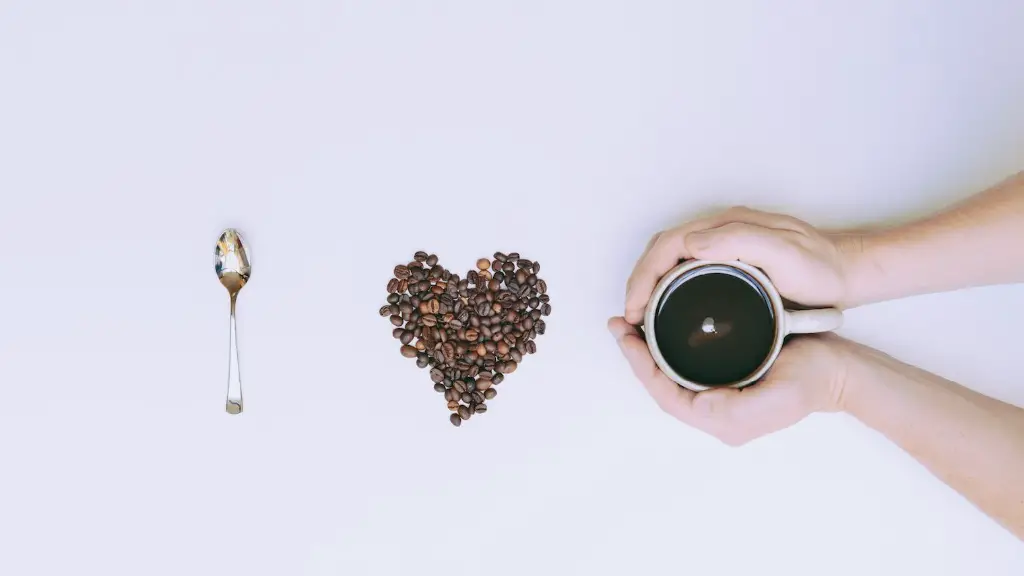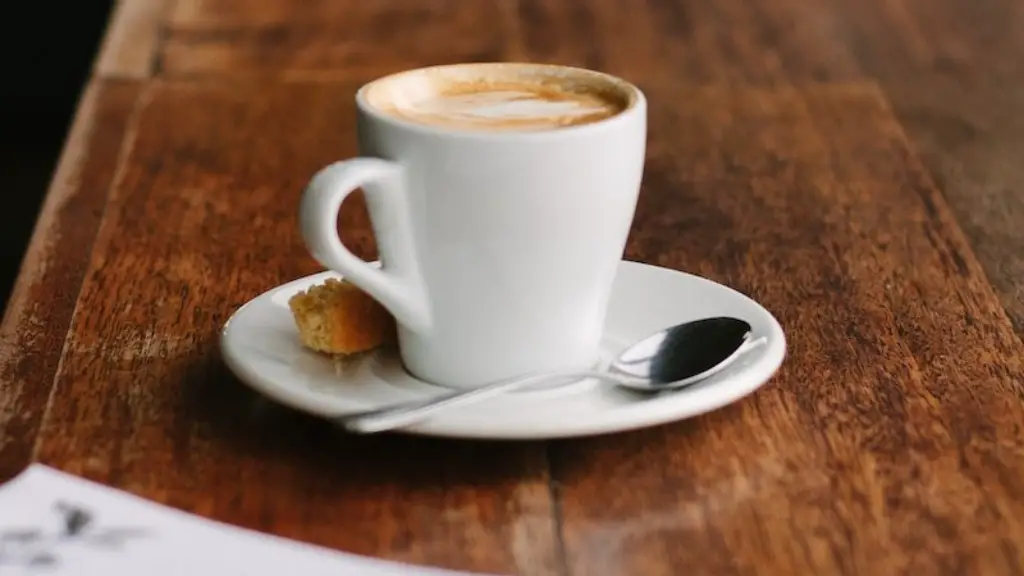Nutritional Perspective of Coffee and Alcohol Combination
Coffee before alcohol? Is it a good idea? That’s a debate worth considering, as many cultures habitually drink coffee and alcohol and their consumption often overlap. While there is limited research on the subject, we can break down the pros and cons for careful consideration.
Nutritionist’s goal is to promote a healthy diet that provides the body’s essential needs, and even beverages can fit into this model if consumed appropriately. Unfortunately, this is not always the case when it comes to coffee and alcohol consumption. On the one hand, coffee is a natural source of antioxidants and can provide us with added energy and focus when needed. On the other hand, alcohol is known to be damaging to our bodies and to cognitive function in particular.
Many experts and nutritionist warn against the combination of coffee and alcohol. Each can provide a temporary lift in mood and energy and these effects can be amplified when consumed in combination. While this might seem like a perfect recipe for enjoying a night out, the potential consequences are not worth trading the short-term gain for long-term pain.
In the short term, the combination of alcohol and caffeine can increase the number of toxins circulating in your system, reducing cognitive abilities and promoting feelings of impairment. When caffeine and alcohol remain in your system for a long period of time, it can exacerbate the existing effects of both, creating a feeling of heightened alertness. Long-term effects of combining the two, including increased blood pressure, increased heart rate, dizziness, and nausea.
Moreover, consuming caffeine and alcohol simultaneously can lead to dehydration, increasing the risk of alcohol-related health problems. This is notable due to the combined diuretic effect of both substances, as well as their tendency to increase blood flow. This can also lead to increased fatigue and headaches.
The safest route, according to nutritionists, is to only consume coffee or other caffeinated beverages in the morning or during the day and wait until the evening to consume alcohol. Obviously, this approach will depend on individual circumstances and sometimes the combination might not be avoidable.
Psychological Perspective of Coffee p and Alcohol Combination
According to psychologists, the combination of coffee and alcohol is worth avoiding, especially in people who are prone to anxiety or depression. Alcohol is a known depressant, meaning it can lower mood, reduce alertness and impair mental clarity. If combined with coffee, this depression could be even more severe.
Caffeine is a stimulant, so it can increasealertness and provide an energizing effect. However, when combined with alcohol, it can have the opposite effect. This is because caffeine can mask the effects of alcohol, making it difficult to assess drunkenness and leading to over-consumption.
In addition to this, the combination of coffee and alcohol can reduce the amount of time it takes to feel drunk. This can lead to an increased risk of alcohol-related health problems such as alcoholism and liver damage. Coffee may also reduce the body’s tolerance for alcohol, which can lead to impaired judgment and hangovers.
Many psychologists warn that combining coffee and alcohol can result in erratic and dangerous behavior. This includes engaging in risky activities such as driving while impaired and drinking more than intended. It is also important to note that the combination of coffee and alcohol can result in sudden or prolonged feelings of sleepiness, which can be dangerous.
Cultural Perspective of Coffee and Alcohol Combination
Despite all the risks and warnings, coffee and alcohol are still often consumed together in many cultures. Many cultures have traditions of combining coffee and alcohol. This could include coffee-based alcoholic drinks, such as coffee liqueurs or Irish coffee.
In some cultures, coffee and alcohol are seen as ritual items and have spiritual and cultural meanings. For example, some cultures see them as necessary ingredients of a toast while others associate them with spiritual ceremonies.
In some cultures, coffee and alcohol are seen as a way of celebrating special occasions. This could include the celebration of birthdays, weddings, graduations, and other important events.
In addition, some people may feel that the combination of coffee and alcohol is necessary in order to enjoy social gatherings. This could include gatherings in bars, clubs, and other events where drinks are involved.
Medical Perspective of Coffee and Alcohol Combination
Medical professionals generally advise against consuming coffee and alcohol because of their potential to interact in the body and cause harm. Many medical experts point out that there is a difference between having a cup of coffee and a glass of wine in the afternoon and having several caffeinated and alcoholic beverages in a social setting.
Due to their potential to interact, medical professionals have warned that consuming coffee and alcohol in combination can increase the risk of alcohol-related illnesses such as alcohol poisoning and cirrhosis. These risks are especially heightened if the alcohol is consumed in excessive amounts or if the coffee has been heavily caffeinated.
Furthermore, combining alcohol and coffee can be associated with increased levels of anxiety and depression, as well as insomnia. Caffeine’s stimulating effects can reduce the quality of sleep and increase the risk of heartburn, upset stomach, and headaches.
Overall, while coffee and alcohol may be enjoyable and fun in certain social settings, it is important to understand the potential risks before making the decision to consume these substances together. Doing so in moderation can reduce potential risks and help ensure that social gatherings are enjoyable and safe.
Legal Perspective of Coffee and Alcohol Combination
From a legal perspective, the combination of coffee and alcohol can have serious consequences, depending on the context of consumption. Depending on the regulations in place, it is possible to be prosecuted as an alcoholic if you are caught drinking coffee and alcohol together in public.
In some areas, it is illegal to consume alcohol in public and combined with coffee, this could lead to more serious charges. For example, if both alcohol and coffee are consumed at the same time, it can be considered an illegal mixture and lead to fines or even jail time depending on the location.
It is important to be aware of the laws in place when consuming alcohol and coffee together. It is also important to note that the legal status of mixing these two substances may vary from state to state, and it is best to check local laws before attempting this combination.
Conclusion
Coffee and alcohol are two popular beverages that are often consumed in combination. While this can be enjoyable in certain contexts, it is important to be aware of the potential risks associated with consuming coffee and alcohol together. Research suggests that coffee and alcohol can interact in the body and lead to increased levels of fatigue, anxiety, and depression. It can also lead to increased levels of intoxication and other health problems such as alcohol poisoning and cirrhosis. Finally, the legal implications of consuming coffee and alcohol together should also be taken into consideration, as this combination can potentially lead to fines or jail time in some locations. Ultimately, before consuming coffee and alcohol together, it is important to research the potential consequences and be aware of the risks.

